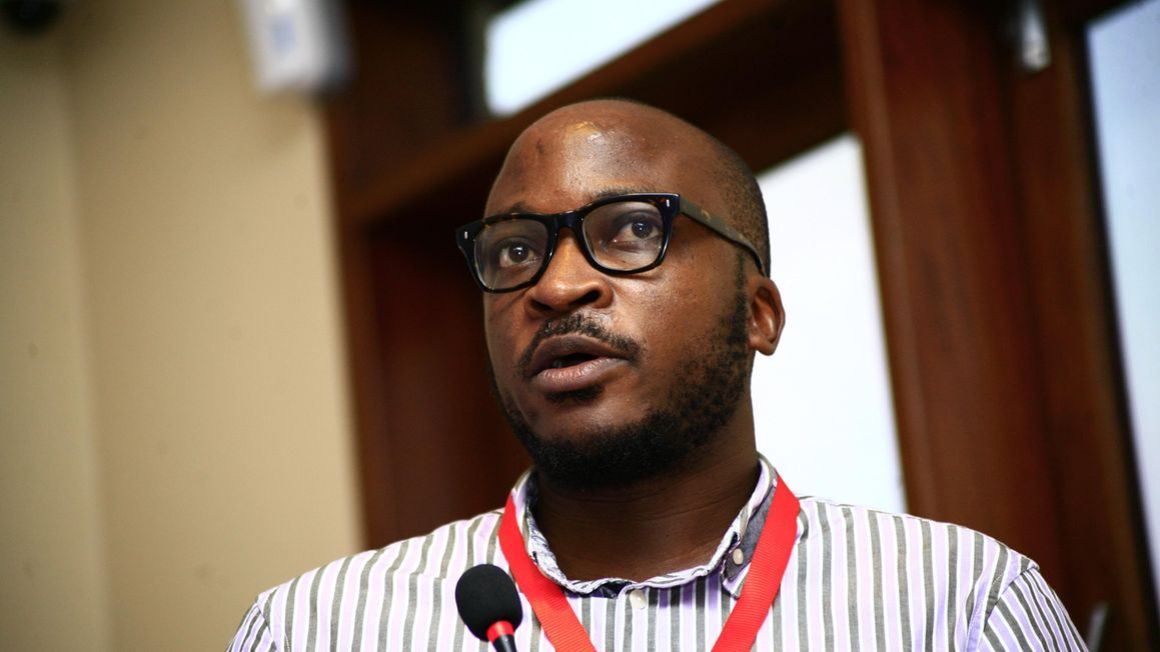Prime
Drink this instant coffee or give me all your money, The Godmother said

Daniel K. Kalinaki
The Permanent Secretary in the Ministry of Finance, Planning and Economic Development, Ramathan Ggoobi, who is also the secretary to the Treasury, took the unusual step of using his Twitter handle last week to explain the Vinci coffee deal.
Details of the deal, revealed in this publication and elsewhere, caused concerns, including among farmers concerned about being forced to sell their coffee beans to one monopoly off-taker.
It says a lot about the state of public accountability that Mr Ggoobi deserves kudos for finding time in his busy schedule to respond to the “street”. Many government officials routinely treat citizens with naked disdain and contempt. They ignore or insult them on the virtual social media streets, then run them off the real-world roads with their 4x4 monster cars.
Mr Ggoobi’s response was calm, measured and thoughtful. It also fell short on process, substance and strategy. Let’s begin with process. Public consultation on matters that could affect many people and their livelihoods is a good idea. It is even better to do it before you sign the agreements affecting them, not after.
Coffee industry players had already been surprised by the decision to pull Uganda out of the International Coffee Organisation without sufficient consultation. It now follows that that was necessary for the current deal to make sense but by taking both actions in a cavalier fashion seeds of distrust and suspicion have been sown. What happens now if farmers choose not to grow coffee? Will they be followed by hitmen in dark glasses? The PS’s tweets were also thin on substance.
How was Vinci selected? Have they done this before? Where, and how is it working? Where is the money these so-called investors are bringing to the table? Can we touch it, count it and hold it under ultraviolet light? Were there other parties that were considered for the deal? If not, why not? If so, what gave Vinci the winning edge? These are common-sense due diligence questions. With Vinci, they should be asked by way of a public interrogation, under oath, and with officers of the law close by. You see, this Vinci and its leader, The Godmother Enrica Pinetti, are no strangers to Uganda, or to controversy.
Mr Ggoobi did not explain why a company that is yet to deliver on the sweetheart deal it was given to build a hospital on the outskirts of Kampala, or which is holding up key road projects in western Uganda because it is a briefcase company, could then be given another mega project to manage. It beggars belief! Economics that works cannot reward failure and incompetence unless the market conditions have been made imperfect through corruption and collusion. Whatever the market fundamentals for the transaction, the investor is being forced upon us by fiat. The enforcers are sitting across us in the restaurant, nervously fingering the bulges on their waistlines.
Mr Ggoobi went long on tactics – how to add value to our coffee – but came up short on competitive strategy. Andrew Rugasira, a man who has smelt the glory and also suffered the short end of the coffee stick, wrote in these pages about the entrenched nature of the global coffee supply chain. In a nutshell, he argued that it is complicated and merely roasting our coffee here is unlikely to be a game-changer. This learned wisdom appears to have been ignored.
Kenyan economist David Ndii has also written a very relatable account of the Kenyan coffee industry and the difference between supply chains, which Mr Ggoobi focuses on, and value chains, which he doesn’t.
It comes down to a few basic albeit important questions: why do we think producing instant coffee in Uganda, which appears to be the thrust of the Vinci intervention, is a great idea? Is that our competitive advantage? Is that where the coffee market is going? Will that expand the very small domestic coffee market? And do we have the right partners to pursue this strategy? And are the key producers – the farmers – sold?2
Will Mr Ggoobi find more time to answer these?
Coffee drinkers, especially addicts like your columnist, will tell you that instant coffee tastes like brewed debris from a mud-and-wattle construction site. If this is the choice we face – our money or our lives – let The Godmother take the money; just don’t force her instant coffee down our throats.
Mr Kalinaki is a journalist and poor man’s freedom fighter.
[email protected]; @Kalinaki




